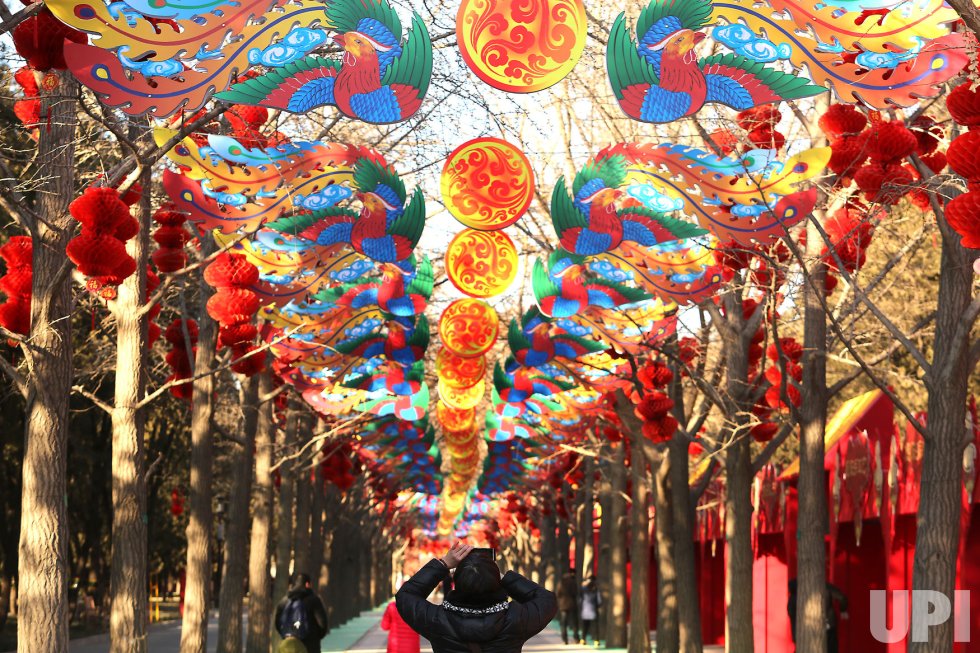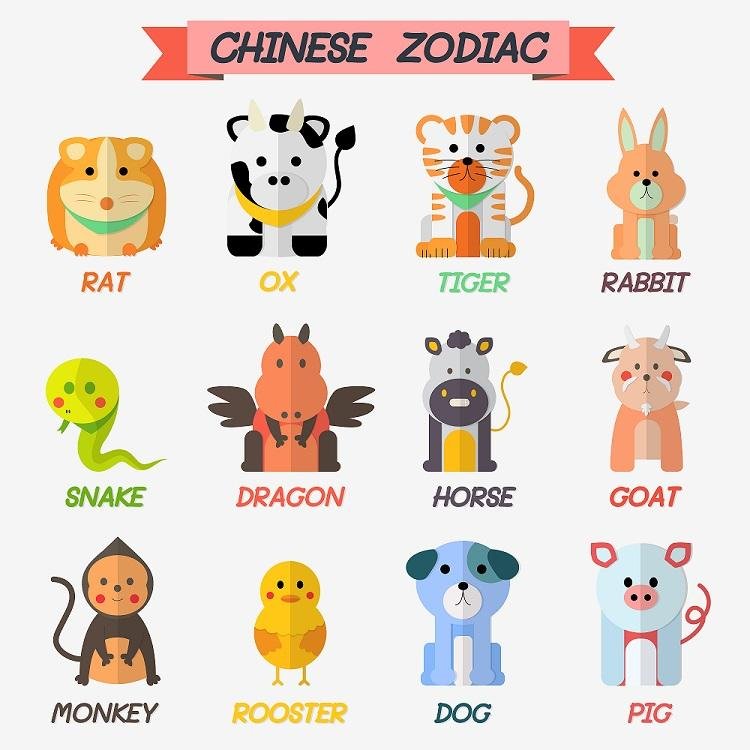
In Europe, festivals are scheduled in France, Britain and Belgium. Lanterns will be lit in major shopping plazas and town halls, ready to be lit on Friday night.
Three years ago it was the Year of the Snake, two years ago it was the Year of the Horse and last year it was the Year of the Sheep, Goat or Ram. The Year of the Monkey occurs every 12 years: 2016, 2004, 1992, 1980, 1968, etc.
The monkey may be the subject for this year’s festivities, but it is the fire monkey’s turn in rotation as each year in Chinese astrology is associated with one of the five elements: gold/metal, water, wood, fire and earth. Fire monkeys are known to be “ambitious and adventurous, but irritable.”
Julius Caesar, Leonardo da Vinci, Charles Dickens, Elizabeth Taylor, Diana Ross, Eleanor Roosevelt and Cuba Gooding Jr. are some famous people born in the Year of the Monkey.
Historically in China’s agrarian culture, the festival was the one time of the year when farmers would rest and celebrate. Nearly 1.4 billion Chinese rush home for China’s most important holiday, though winter weather in some parts of China last week caused many to alter their plans.
The Lunar New Year is more than just one day. Chinese months emulate the lunar calendar with each month beginning on the new moon. The first day of the festival begins on the first day of the month — this year it’s Feb. 8 — and usually continues until the full moon 15 days later.

Ancient customs and traditions have varied over the thousands of years since the calendar’s creation. Customs can vary between regions, villages and even families, according to social hierarchy.
The color red is central to the festivities. It symbolizes fire, which can drive away bad luck.
Firecrackers are used in the hope of scaring away the monster “Nian,” a half-dragon, half-lion beast said to come out of hiding and attack people, especially children, during the festival.
According to legend, Buddha asked all the animals to meet him on the Lunar New Year and designated a year to each of the 12 who arrived. He said that people born on those years would share some of that animal’s personalty.
Traditional holiday sweets are important for the festival. Desserts include nian gao (rice pudding), babaofan (eight treasure rice), jau goks (crispy dumplings), fruits and candied seeds.
The Lunar New Year also has its own film genre called “hesuipian,” which are generally uplifting comedies focused on families with happy endings.

Other customs include the avoidance of using the number “four” because it sounds like the word for “death” and avoiding any words that sound close to the words for illness or bankruptcy.
People should also avoid using a broom on New Year’s Day as to avoid accidentally sweeping good luck out of the door, according to legend.





